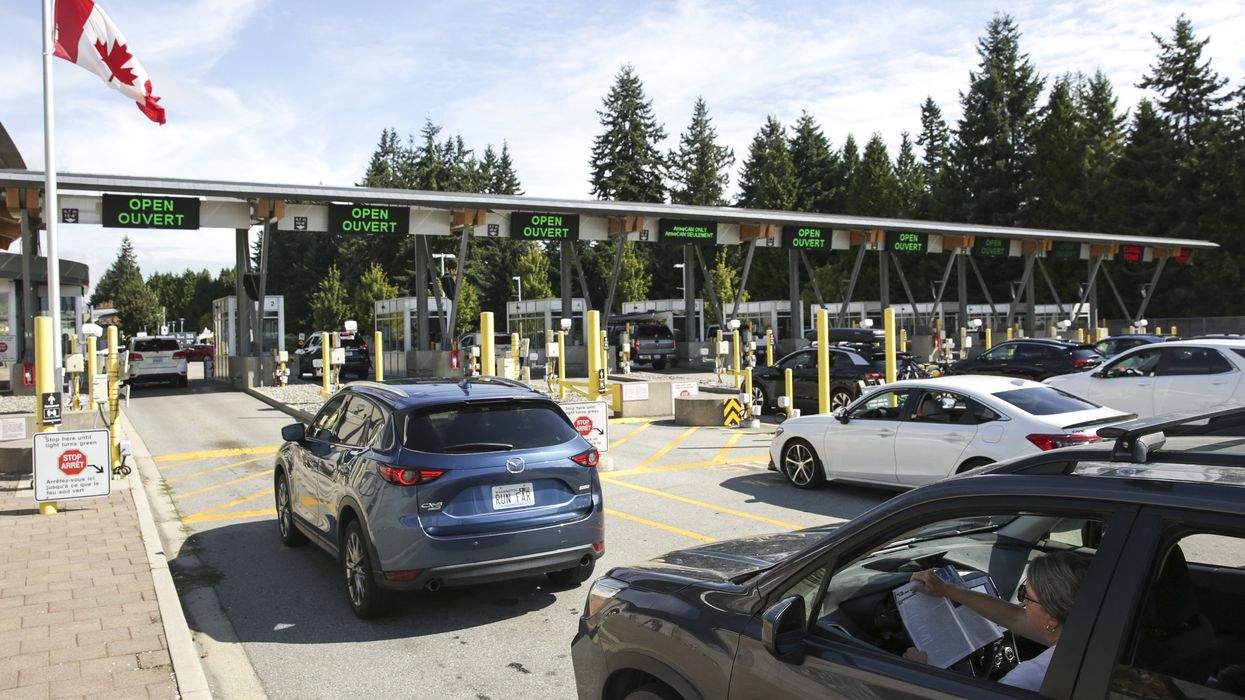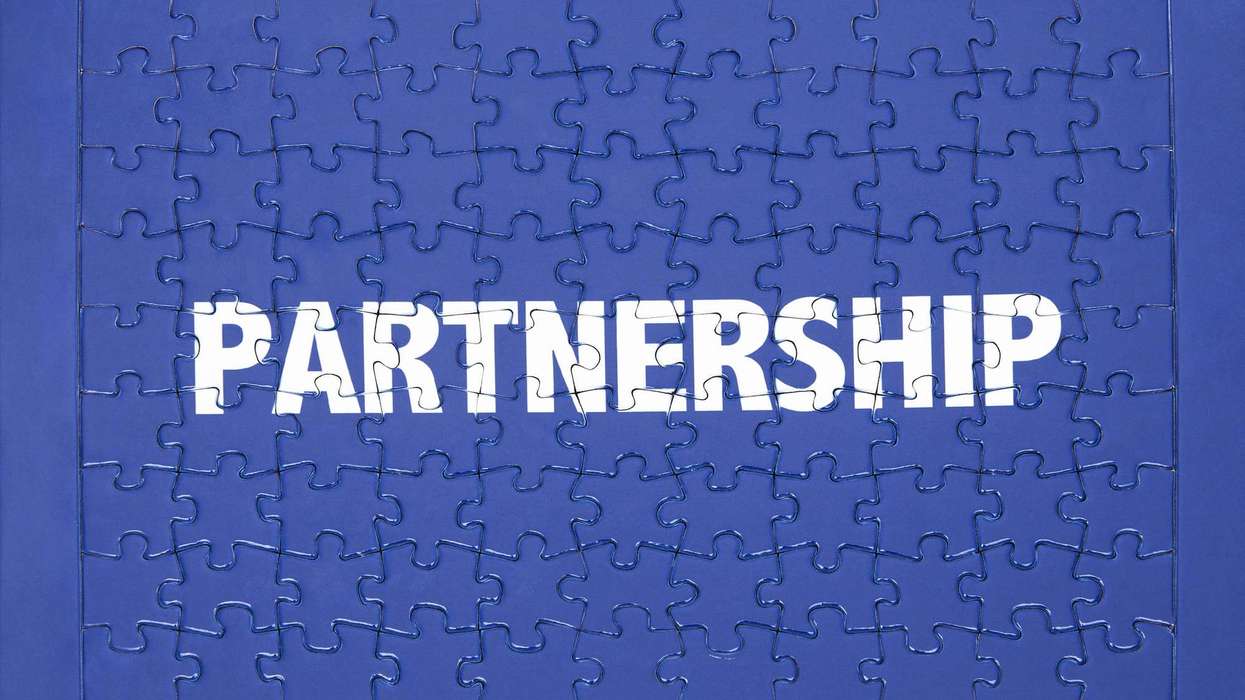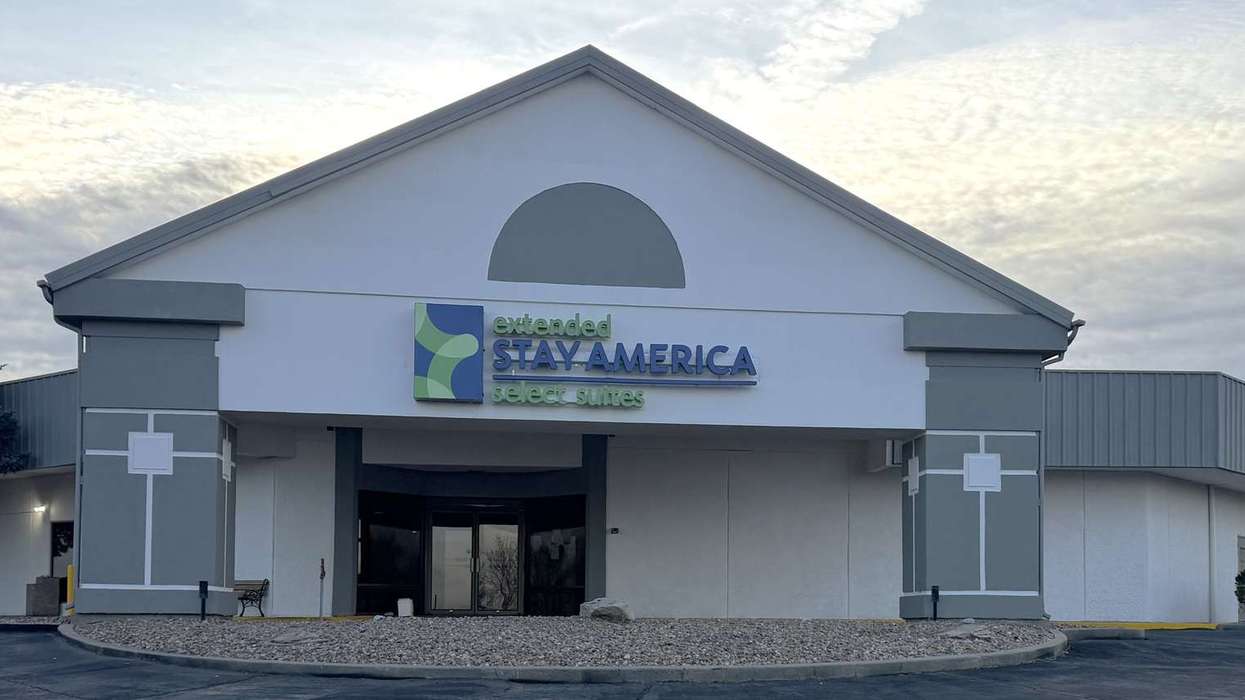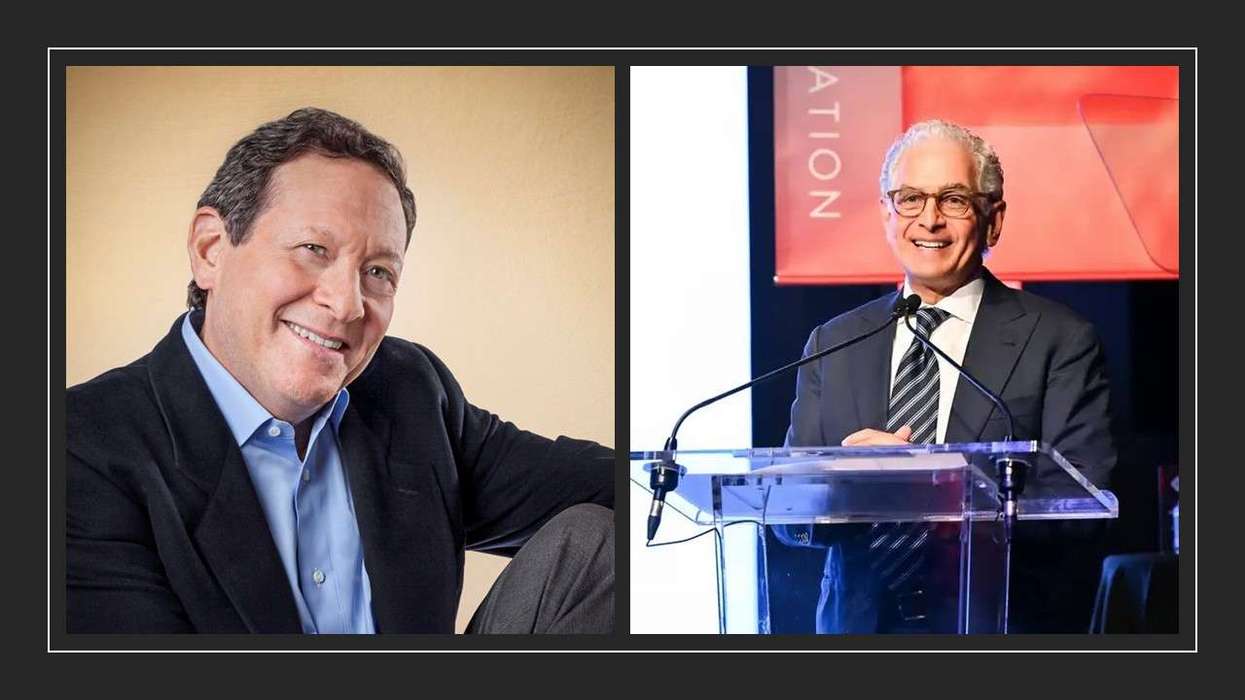How U.S.-Canada Trade Tensions Are Reshaping Travel Trends?
TRADE TENSIONS BETWEEN the U.S. and Canada are beginning to impact the U.S. travel and tourism industry as Canadians cut back on trips. The number of Canadians driving to the U.S. fell 23 percent in February from a year earlier, marking the second straight monthly decline and only the second since March 2021, according to Statistics Canada.
President Donald Trump signed an executive order imposing 25 percent tariffs on nearly all Canadian and Mexican goods on Feb. 1, which took effect on March 4. He also repeatedly called for making Canada the 51st state.
The decline in Canadian tourists followed former Prime Minister Justin Trudeau’s call to reconsider U.S. travel and support domestic tourism. Trudeau, who was succeeded by Mark Carney on March 14, made the remarks in response to Trump’s tariffs.
"The drop in Canadian visits is closely tied to the U.S. tariffs imposed on Feb. 1," said Rachel J.C. Fu, director of the University of Florida’s Eric Friedheim Tourism Institute, in a Business Insider report.
"The 25 percent tariffs likely increased economic tension between the two countries, influencing Canadian consumer sentiment and travel choices," she added, noting that Trudeau’s comments further discouraged U.S. travel.
Flight Centre Travel Group reported a 40 percent drop in Canadian leisure bookings to the U.S. in February year-over-year.
"Canadians are eager to travel but are increasingly shifting to destinations outside the U.S.," said Amra Durakovic, a spokesperson for Flight Centre Travel Group Canada, according to Business Insider.
A survey by Leger, a Canadian market research firm, suggests Trudeau’s message is resonating. Nearly half of respondents said they were less likely to visit the U.S. this year, while six in 10 planned to vacation in Canada instead.
The U.S. Travel Association estimates a 10 percent decline in Canadian visitors could cost $2.1 billion and 14,000 jobs, hitting top destinations like Florida, California, Nevada, New York, and Texas the hardest.
"The U.S. travel and tourism industry is projected to generate $223.64 billion in 2025, but losses could exceed current estimates if tensions persist," said Adam Sacks, president of Tourism Economics, according to Business Insider. "Canada is the U.S.'s top visitor market, so the stakes are high."
United Airlines CEO Scott Kirby said the airline adjusted capacity after a sharp drop in Canadian passenger arrivals, according to a Reuters report.
NY hotel slashes prices
A Canadian family canceled its annual New York trip, prompting a hotel to offer steep discounts to win them back.
A Reddit user shared on the “Buy Canadian” subreddit that their family canceled the trip as a show of national pride. The hotel was initially dismissive but later backtracked, trying to persuade them to rebook.
The family had vacationed at Chautauqua Lake, New York, every summer for a week. This year, they canceled, citing "constant attacks on Canada by American leadership."
“We canceled our reservation weeks ago, stating we couldn’t support the attacks on Canada with our dollars,” the Reddit user wrote.
The hotel manager initially responded with an indifferent “Oh well.” But weeks later, the hotel offered a 30 percent discount, followed by an additional offer to accept Canadian dollars at par. “We replied no thanks,” the Reddit user wrote, adding that the discounts suggested the hotel was worried about rising Canadian cancellations.
The post drew praise on the pro-Canada forum, with many supporting the user’s decision.
“It’s such a dismissive response from the hotel, and even worse to follow up with a rebooking offer,” one commenter wrote.
“Canceling and resisting their offers is a big deal—thank you for standing strong!” another added.
Canadian travelers aren’t alone in avoiding the U.S. Bookings from Denmark and Germany fell 27 percent and 15 percent year-over-year, though overall European demand declined just 1 percent, Reuters reported, citing data from travel analytics company ForwardKeys.
Starting April 11, 2025, foreign visitors aged 14 and older must register and provide fingerprints if staying in the U.S. for more than 30 days. Canadians, who typically visit visa-free for up to six months, are not exempt.
The U.S. Travel Association recently warned that the U.S. is unprepared for the 2026 World Cup at SoFi Stadium and the 2028 Los Angeles Olympics due to strained air travel systems, visa issues, and aging infrastructure.






